SEATTLE – When police encountered Garrett Merlino two years ago during a severe mental health crisis at a West Seattle home, the situation quickly turned violent.
Body camera footage shows Merlino shouting at officers, choking his dog, and resisting commands. The confrontation ended with Merlino biting two officers and attempting to gouge their eyes. He was also suspected in a burglary the same night that caused thousands of dollars in damage.
Prosecutors charged him with burglary, assault, malicious mischief, and animal cruelty. Despite the serious allegations, a King County judge released him on his own recognizance three weeks later.
Merlino’s case illustrates a larger statewide crisis: more than 1,300 mentally ill defendants in Washington are currently living in the community, waiting for state-ordered psychiatric evaluations or treatment.
A Crisis of Delays
While the number of defendants waiting has dropped by about 25% over the past two years, the average wait time has ballooned to 18 months, compared to just 3.5 months in 2019—a nearly 400% increase.
“It’s something that I am concerned about,” said Dr. Brian Waiblinger, chief medical officer for the state Department of Social and Health Services (DSHS). “I’m glad the numbers are going down, but too many people are still waiting too long.”
How the System Got Here
The delays are partly an unintended consequence of progress elsewhere.
In 2023, Washington successfully reduced wait times for mentally ill defendants held in jail, cutting average delays from months to just five days. The improvement followed a federal court order in the Trueblood class-action case, which had deemed jail wait times unconstitutional.
But by prioritizing in-custody defendants, the state created a bottleneck for those released pending evaluation, leaving them free in the community—sometimes for years.
Officials admit the system struggles to track defendants once they’re released. Some never show up for evaluations, and in extreme cases, people have been waiting five years for services.
Public Safety Risks
Law enforcement officials say this imbalance poses serious risks. Judges across King County have released mentally ill defendants charged with domestic violence, assault, felony harassment, and even child rape while they await evaluations.
“It’s an unstable population,” said Gabrielle Charlton, a senior King County prosecutor. “We need a better system in place. It just doesn’t make any sense.”
The consequences can be severe. While Merlino waited for his evaluation, Thurston County deputies responded to a report that he had threatened to kill his attorney. In that encounter, Merlino allegedly attacked again, biting officers and attempting to gouge their eyes. Four deputies were injured, and he now faces additional assault and harassment charges.
Tragic Escalation
In some cases, the delays have proved deadly.
Jake Berman of Des Moines had been waiting three months for a psychiatric exam when he allegedly beat a neighbor in an unprovoked attack. Two weeks later, still without treatment or evaluation, prosecutors say he murdered another neighbor, stabbing the victim to death with a pair of tweezers.
Despite such incidents, DSHS officials say they rarely receive timely alerts from attorneys about defendants who pose specific public safety risks. Without that information, they prioritize jail inmates over those free in the community.
Calls for Change
Local officials are demanding systemic reform.
“We’re going to have to reprioritize what we’re doing,” said Thurston County Sheriff Derek Sanders. “The state’s got a lot of money, and I don’t think budget crunches are an excuse. Citizens of all backgrounds want this problem fixed in a humane way.”
DSHS leaders insist they are working to reduce wait times for out-of-custody defendants, much as they did under the Trueblood order.
“For us it is a very important issue that we want to be focused on and addressing,” said Dr. Thomas Kinlen, director of the Office of Forensic Mental Health Services. “We’re already making strides.”
Conclusion
Washington’s mental health system has succeeded in reducing unconstitutional jail wait times but at the cost of leaving hundreds of defendants free in the community—untreated, unstable, and sometimes dangerous—for months or even years.
As families, victims, and communities bear the consequences, pressure is growing on state leaders to find solutions that balance civil liberties, treatment access, and public safety. For now, the wait continues.

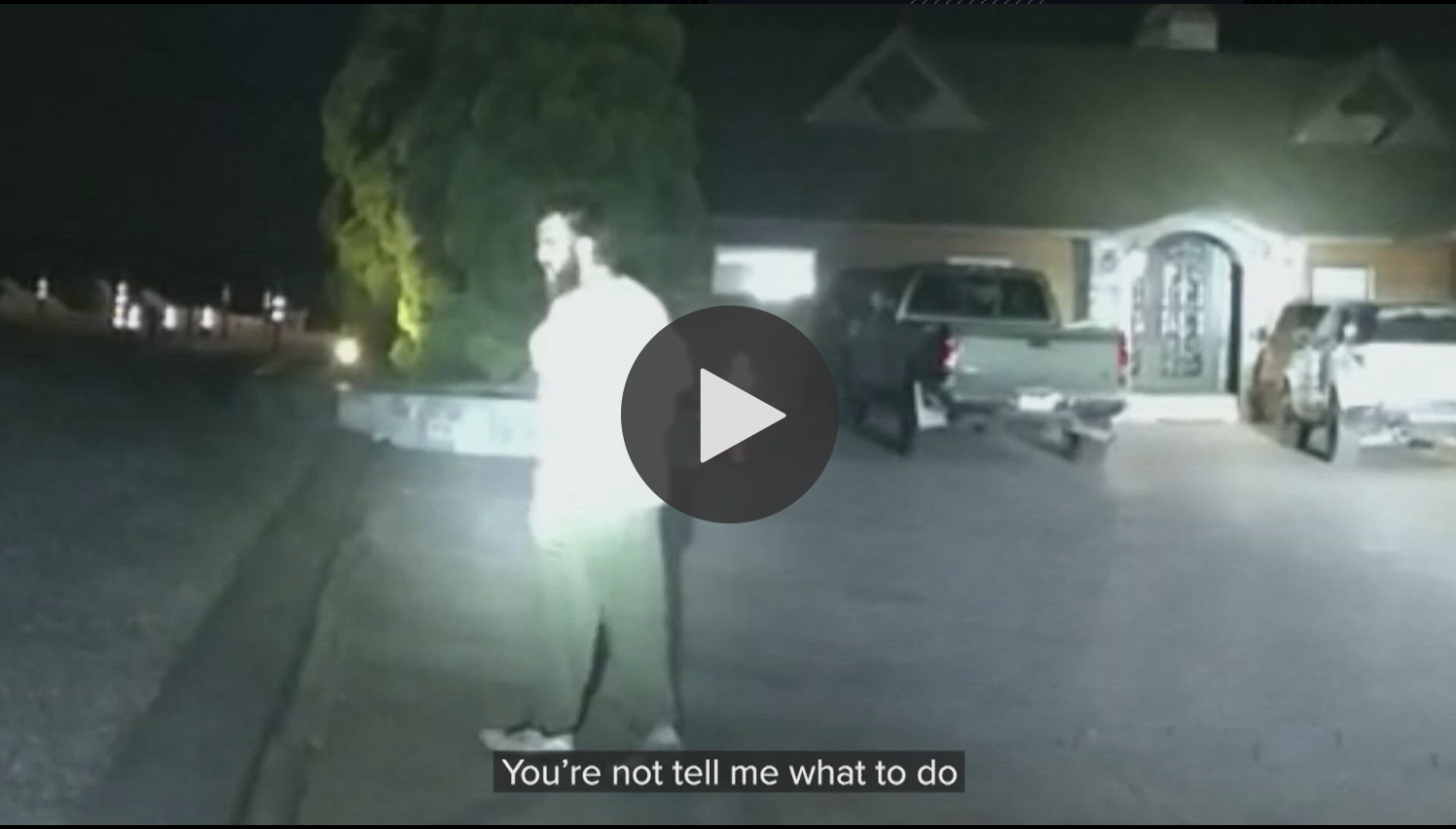


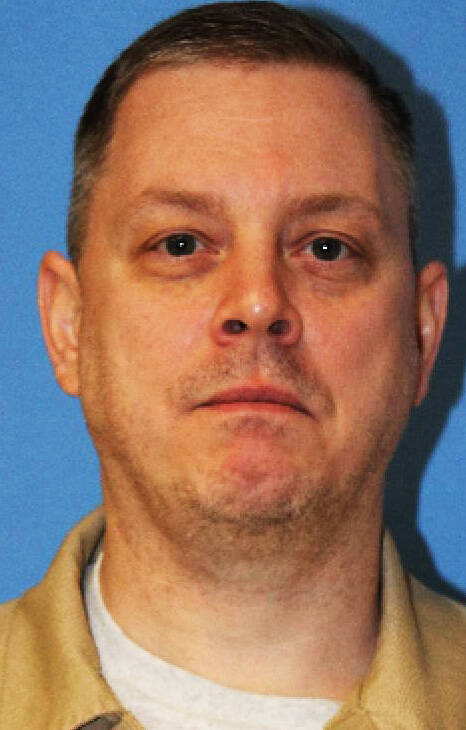
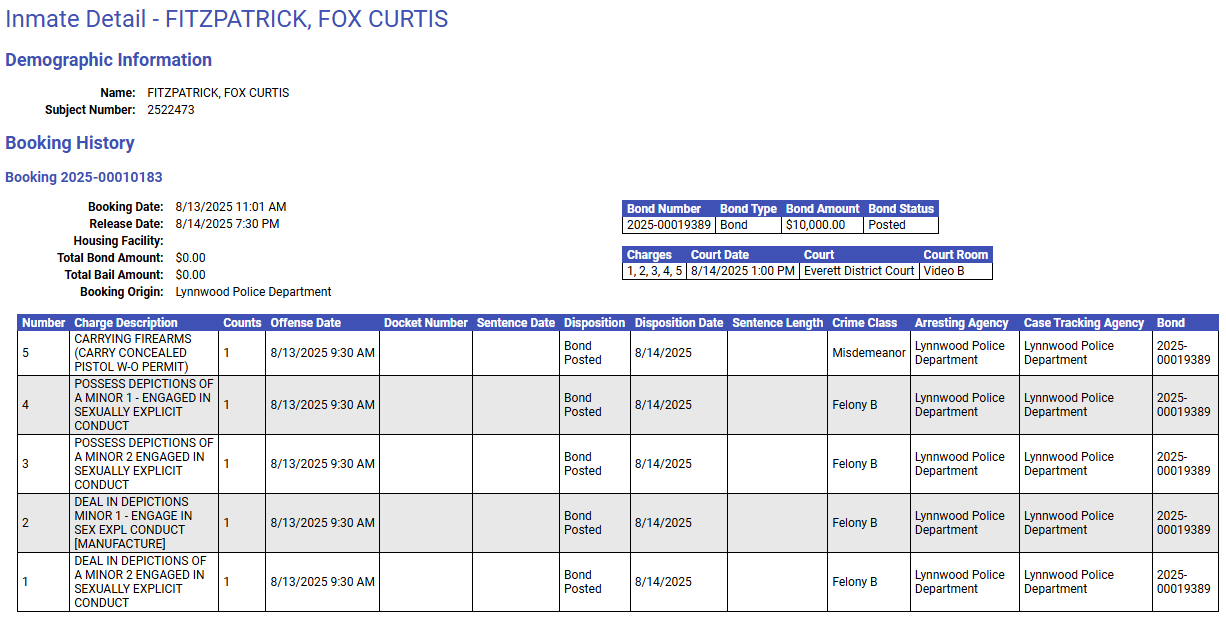
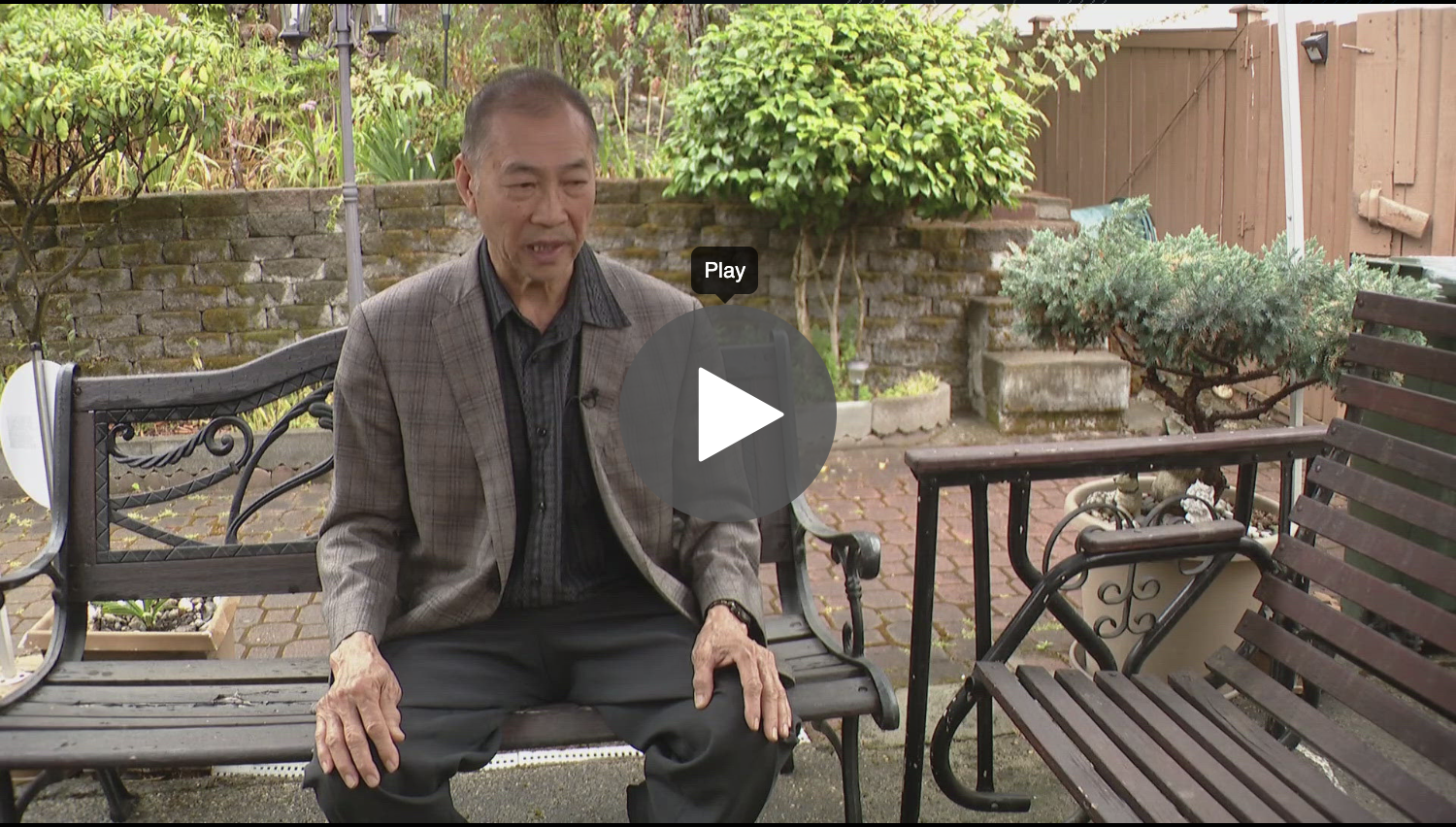
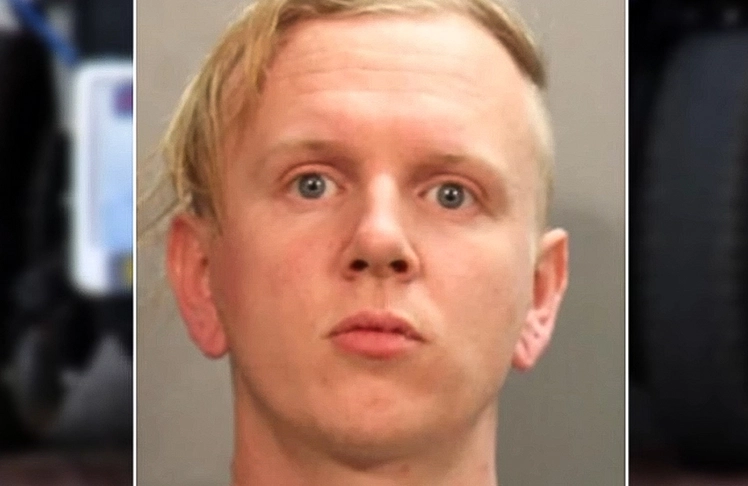
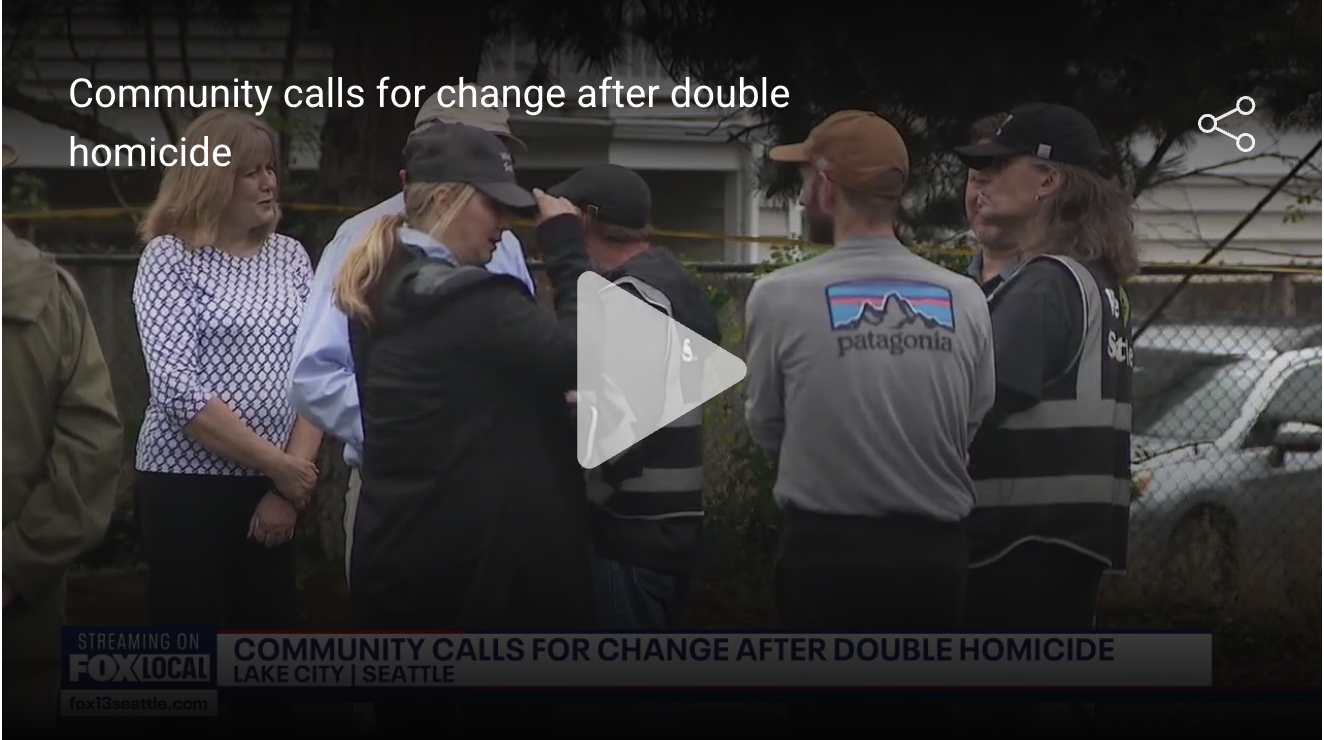








Leave a Reply